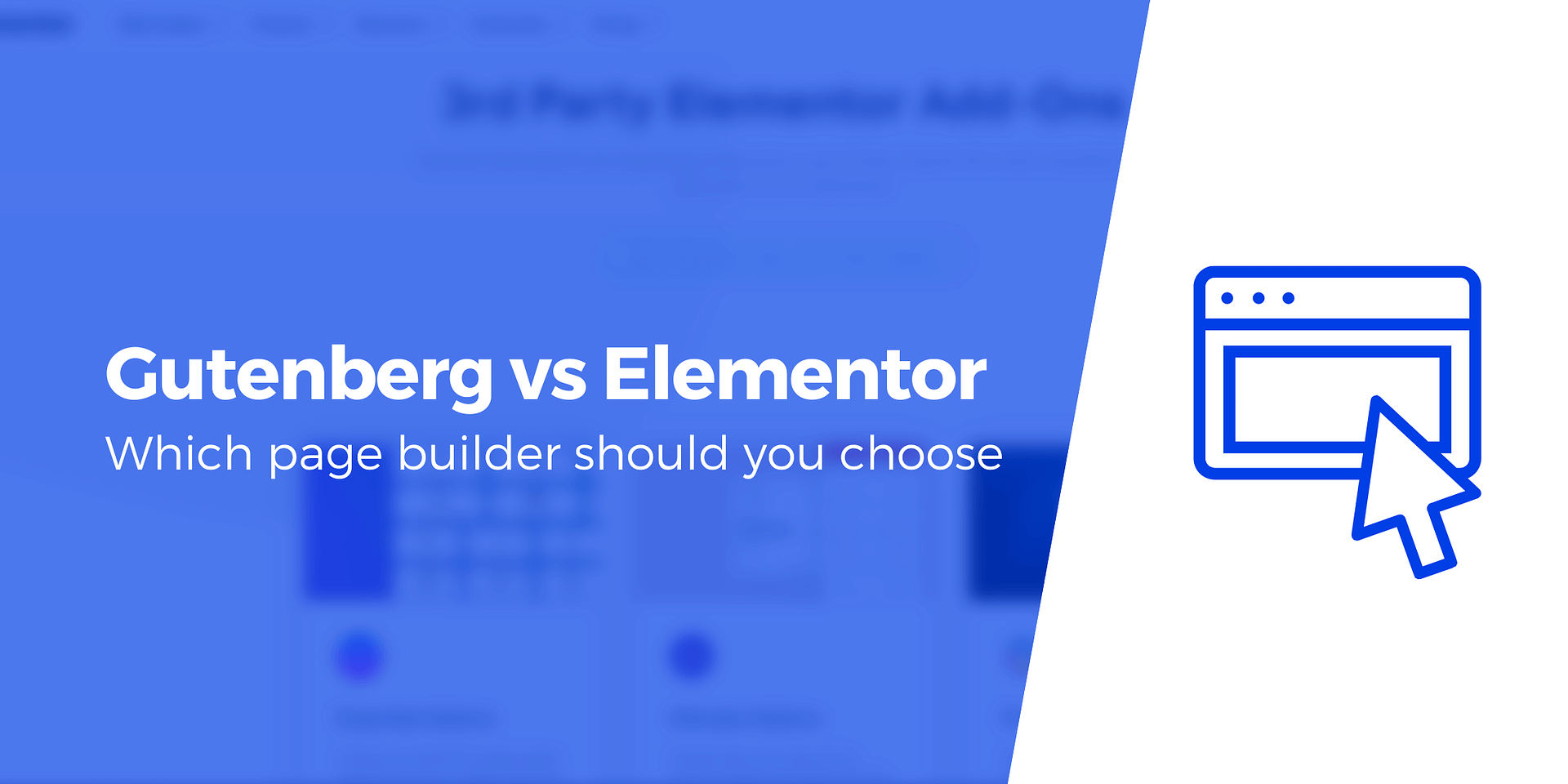Choosing between Gutenberg and Elementor for building your WordPress site involves considering various factors that impact design, functionality, ease of use, compatibility, and customizability. Gutenberg, the default WordPress editor, operates on a block-based system and is extendable with plugins like Otter Blocks. On the other hand, Elementor is a robust visual page builder plugin offering enhanced design flexibility. Let’s delve into a detailed comparison in key areas to assist you in making an informed decision.
### 1. **Design and User Experience:**
– **Gutenberg:** As the native WordPress editor, Gutenberg provides an intuitive and fast user experience. Its “what you see is what you get” editing style is beginner-friendly, offering prompts for guidance.
– **Elementor:** While also intuitive, Elementor has a learning curve since it operates as a separate interface within WordPress. However, its drag-and-drop editor simplifies live website design.
### 2. **Functionality:**
– **Gutenberg:** A block-based editor, Gutenberg supports WYSIWYG editing, reusable blocks, styles, and block patterns. You can enhance its functionality with plugins like Otter Blocks.
– **Elementor:** Elementor Pro boasts extensive features, including a drag-and-drop editor, widgets for complex pages, WooCommerce compatibility, an icons library, form and pop-up builders, theme builder, and collaboration tools.
### 3. **Ease of Use:**
– **Gutenberg:** Integrated natively into WordPress, Gutenberg seamlessly integrates into your everyday dashboard experience, making it user-friendly.
– **Elementor:** While user-friendly, Elementor requires some learning due to its standalone interface within WordPress. Gutenberg generally scores higher in ease of use.
### 4. **Compatibility with WordPress:**
– **Gutenberg:** As the default editor, Gutenberg is fully compatible with WordPress, ensuring seamless integration with the core functionalities.
– **Elementor:** While compatible with most WordPress themes, Elementor might face compatibility issues with certain themes and plugins. Gutenberg takes the lead in WordPress compatibility.
### 5. **Flexibility and Customizability:**
– **Gutenberg:** Offers a solid full site editing experience with compatible themes like Raft, but has comparatively limited customization options.
– **Elementor:** Boasts extensive design options with 300+ templates and comprehensive customization capabilities. You can easily customize every element of your website using the Elementor panel.
In conclusion, if you prioritize a native WordPress experience with good design and user experience, Gutenberg is a solid choice. However, if your focus is on enhanced design flexibility and extensive customization options, Elementor might be more suitable. Ultimately, your choice should align with your specific needs and preferences for building and managing your WordPress site.


